By: Caroline Elaine
Exams are coming up soon, have you started studying yet?
If you have, great! Keep up the good work! However, if you haven’t (like most of us), below are a few tips to help you get started. I suggest you should start studying now. Believe me, you won’t be able to cover all the lectures if you don’t start now.
“Study for knowledge, not for marks. If you have the knowledge, you will get the marks“
– Khursed Batliwala.
This is a good quote highlighting that studying should be enjoyable and that this knowledge will serve as a solid foundation for your next step in life. This knowledge will serve as a solid foundation for your next step in life. That is why it is important to study not only for exams but throughout your modules.
Here are my tips to help you study for the exams
1. Timetable!
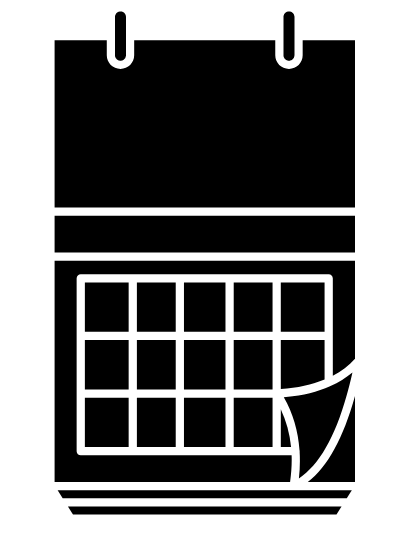
Create a study schedule and stick to it and ensure you block out specific times in your diary for each module. Be sure to also timetable breaks and take breaks away from your revision space, including eating and having snacks!
If you have a complex task to revise, then some students like using the Pomodoro technique which is 20-30 minutes hard work with no distractions followed by 5 min break.
2. Setting Study Targets
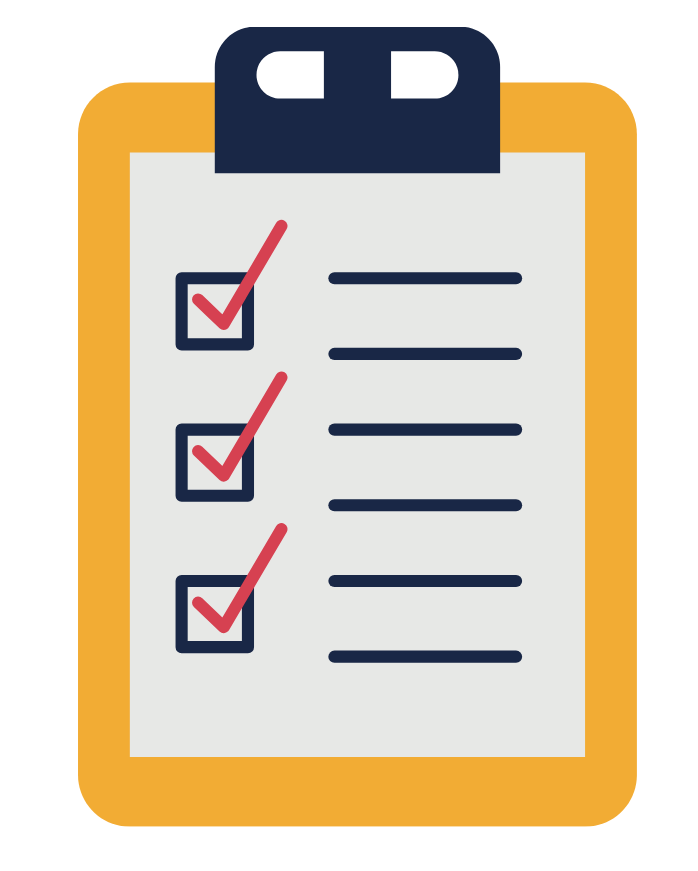
Set yourself a manageable goal to cover certain topics/lectures. You can accomplish this by creating a checklist of what you want to study that day and organising your study schedule.
After completing each checklist, reward yourself with a short break to relax or have some snacks. By doing this, you will be more eager to progress to the next topic.
3. Find a Comfortable Place to study

Your mood to study can be affected by the environment where you study. That is why you need to find a suitable place where you can study. Some prefer to study in the library, some prefer to study at home, and some prefer to study at a coffee shop
If you feel stuffy after studying in one place, you can change your location to another place to give you a new and fresh atmosphere to start studying again. Have drinks close by and snacks if you need.
4. Remove distractions
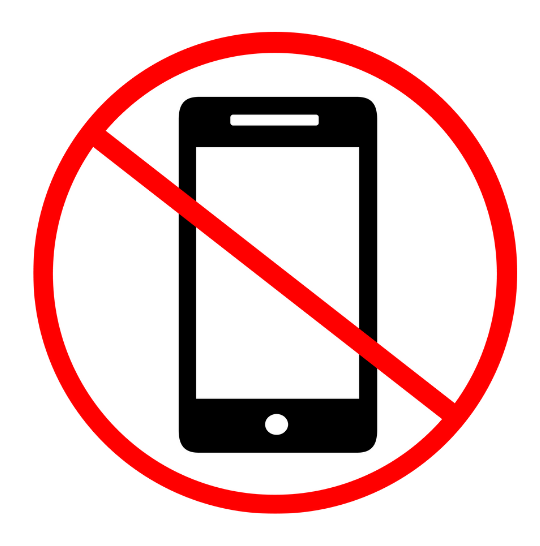
Put your phone on silent and out of sight. Don’t have social media nor emails open on laptops. Concentrate purely on the study task and in your breaks you can catch up with your phone!
Can you really do it? Even I find it difficult not to check my phone.
5. Study Effectively
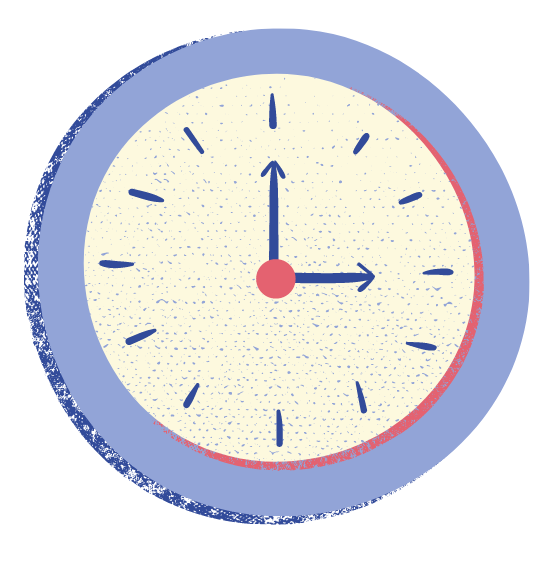
Use your study time wisely and concentrate on comprehending the learning material. It will be a waste of time if you spend 2 hours just staring at the material without understanding them. Stop being distracted by other things and start studying
One method for studying is a 3:1 ratio of studying: break, so for example, if you study for 45 minutes, take a 15-minute break. Furthermore, it is recommended to study when you are feeling energetic because it will be easier to understand the material than when you are sleepy or exhausted. Try to get moving before you start revising to get your blood pumping and get energized for the task.
6. Use Flashcards
Flashcards are a brilliant revision tool.
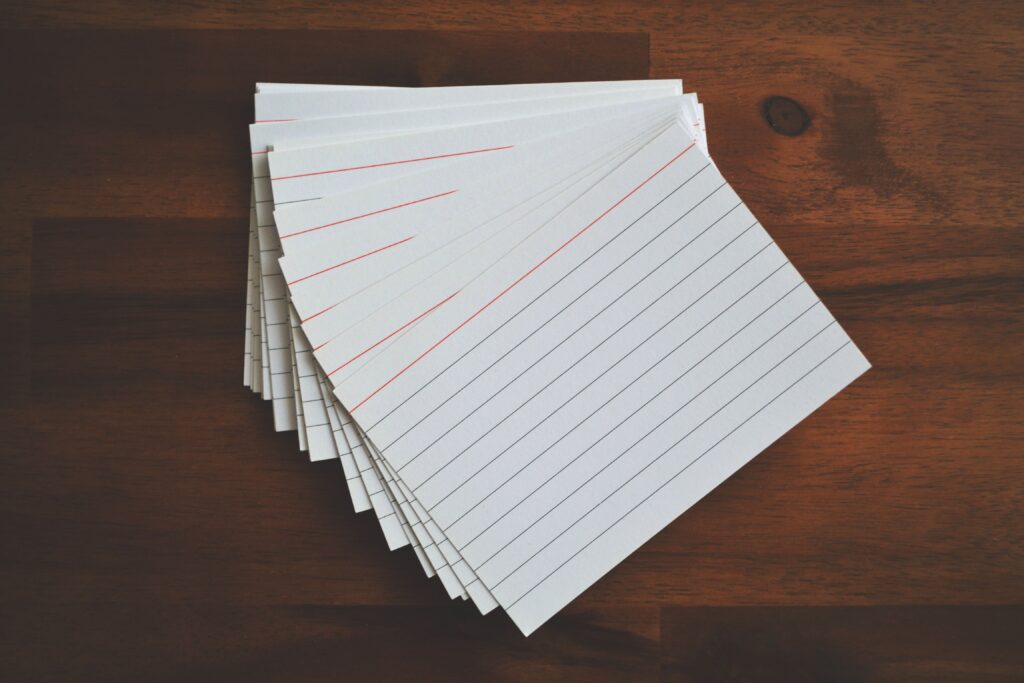
You write a term on paper and then write a brief definition or function of the term on the back of the paper. You can write it on paper or use electronic flashcards, there are a lot of online websites that will provide you with this feature. Then, using flashcards, review and familiarize yourself with these terms.
(Flashcards. Photo by Pixabay on Pexels)
7. Making a Study Group

Invite some of your friends to form a study group, determine how many people should be in the study group for it to be effective. Then, act as a teacher and re-teach yourself and others about the materials.
(Study group. Photo by Antoni Shkraba on Pexels)
This is also one of the many methods of learning. Although this method of learning may be effective for many people, some may not be suitable for it.
8. Use Practise Questions

You can write yourself/your study group practice questions. The type of questions will depend on the content you want to cover and the exam you’re preparing for but can include MCQ type, short answer, or practice essays.
Writing questions is a great way of cementing knowledge and answering questions is a brilliant way to practice your knowledge. I try to write questions at the end of lectures so it’s fresh in my mind and helps me remember the content.
9. Requesting Guidance or Assistance
If you are unsure where to begin, you should seek assistance from others. Friends, lecturers, personal tutors, peer mentors, the ASK team, and study skills ambassadors. They might be able to point you in the right direction.
There are lots of excellent study skills on the University ASK site so take a look!
Hopefully, these tips can help you to find a starting point for your studies. Remember to take breaks in between your studying sessions. They will help you in refocusing your mind so that you can digest all of the information you have learned.
If you have other tips that work for you, please comment down below!
Sources
Post Univeristy Blog. Study Tips for College Students. 2020. Available here
The University of North Carolina at Chapel Hill. Studying 101: Study Smarter Not Harder. Available here


This blog on study tips for exams is a lifesaver! The tips provided are not only effective, but also simple and straightforward. I was particularly impressed with the focus on maintaining a positive mindset and breaking down complex subjects into manageable chunks. These tips will be essential for students looking to tackle their exams with confidence and ease. The explanations for each tip were clear, concise and backed by research, making it easy for students to put them into practice. This blog has given me the clarity and direction I needed to approach my exams with a renewed sense of purpose. Thank you for providing such a valuable resource for students everywhere!